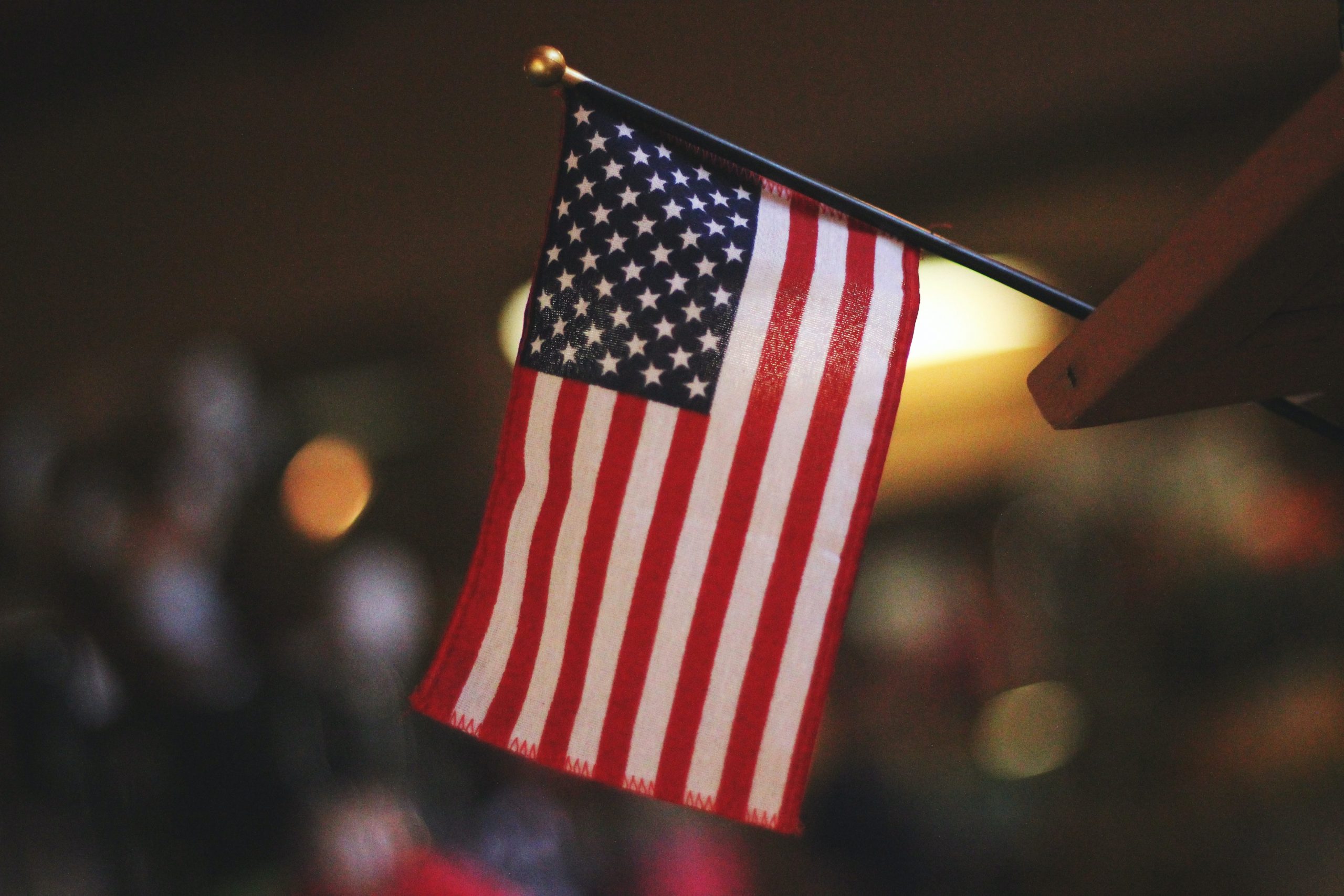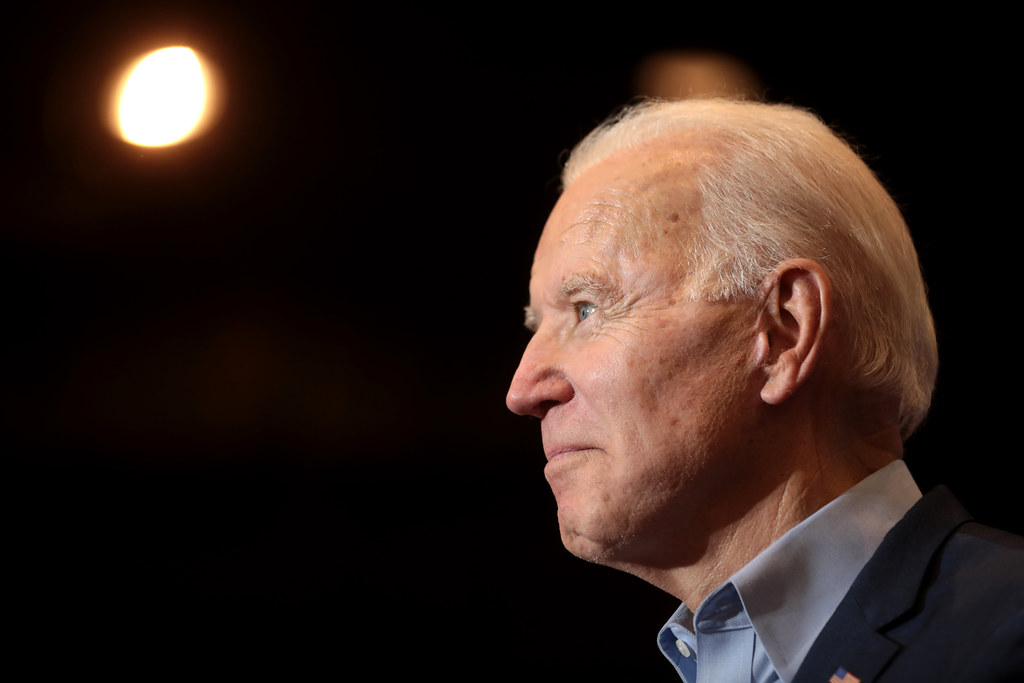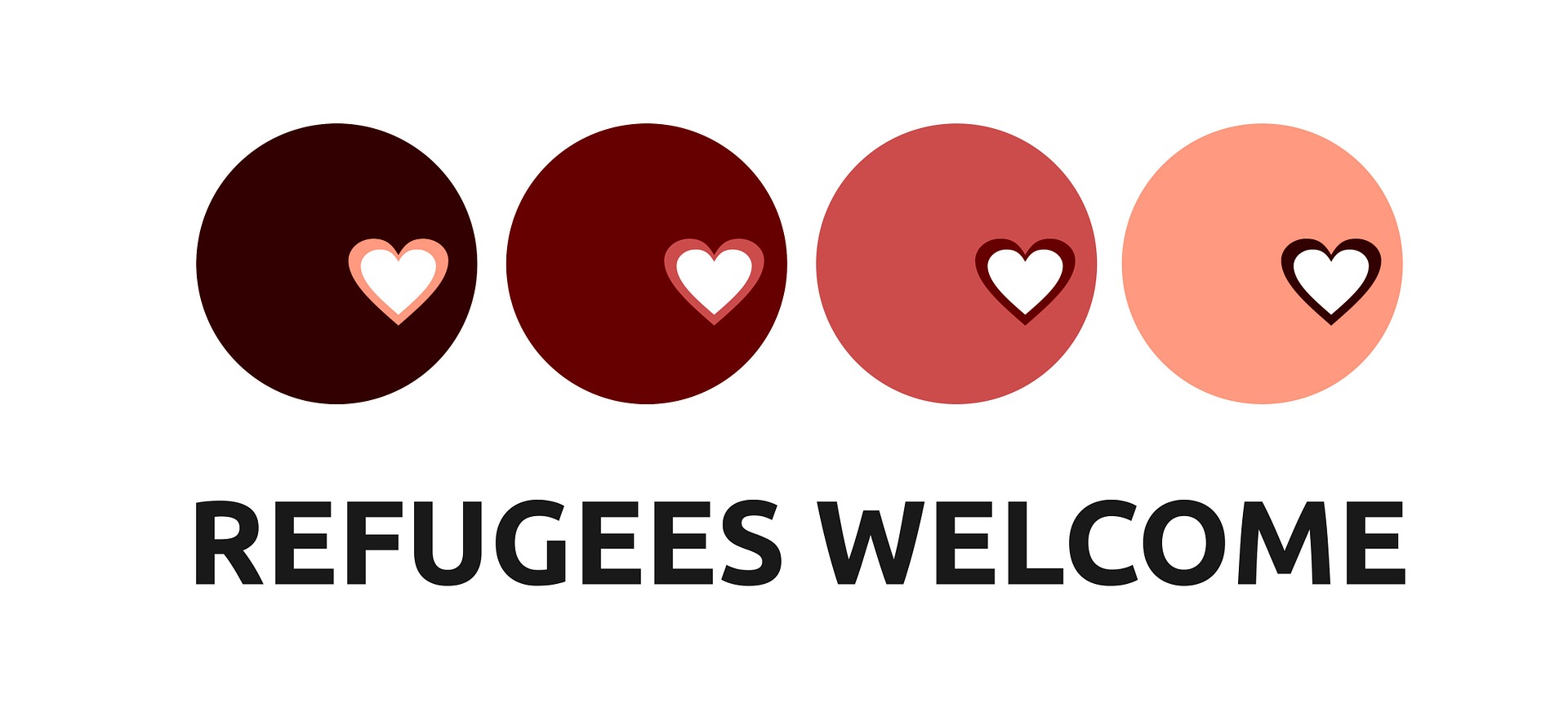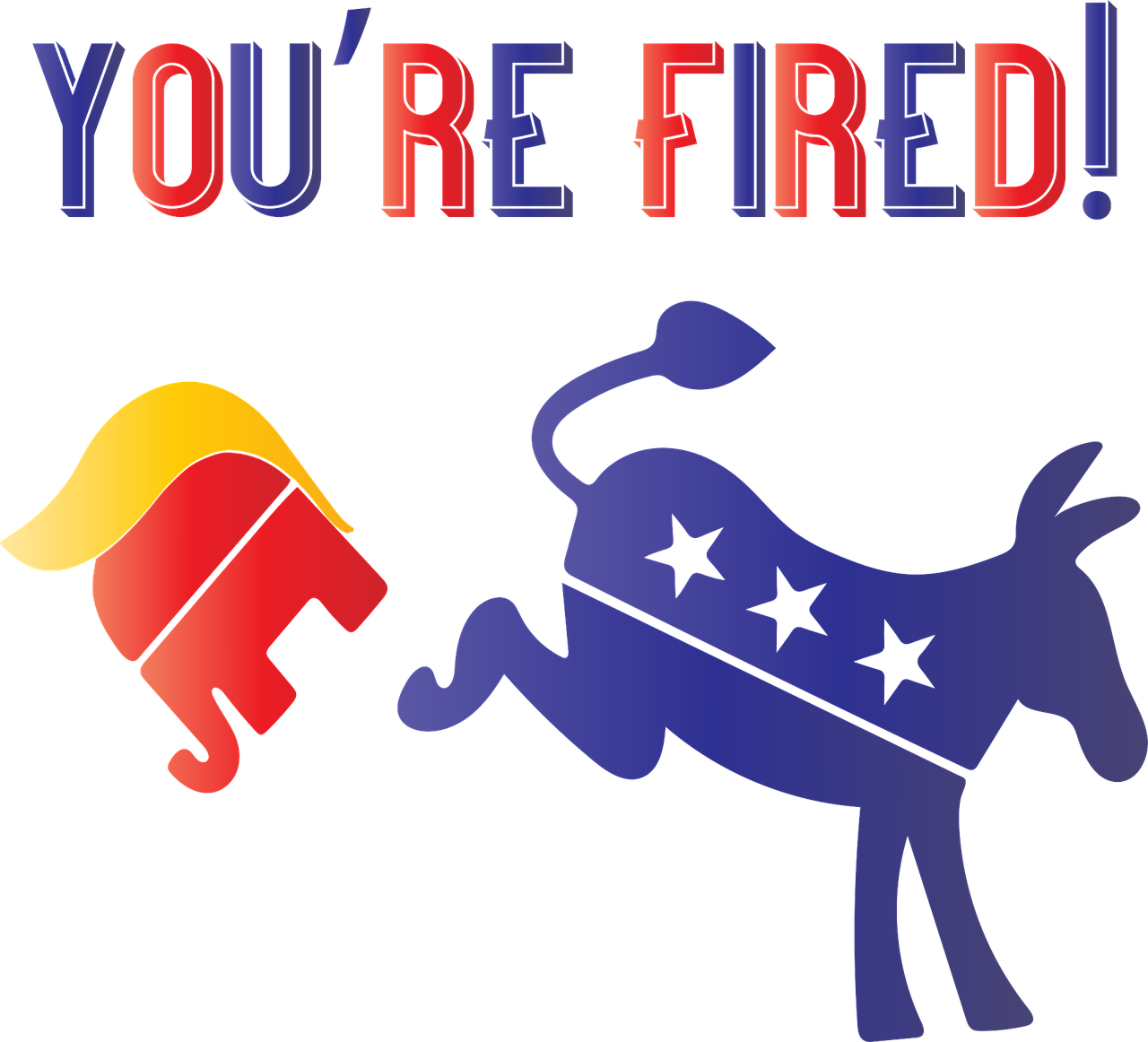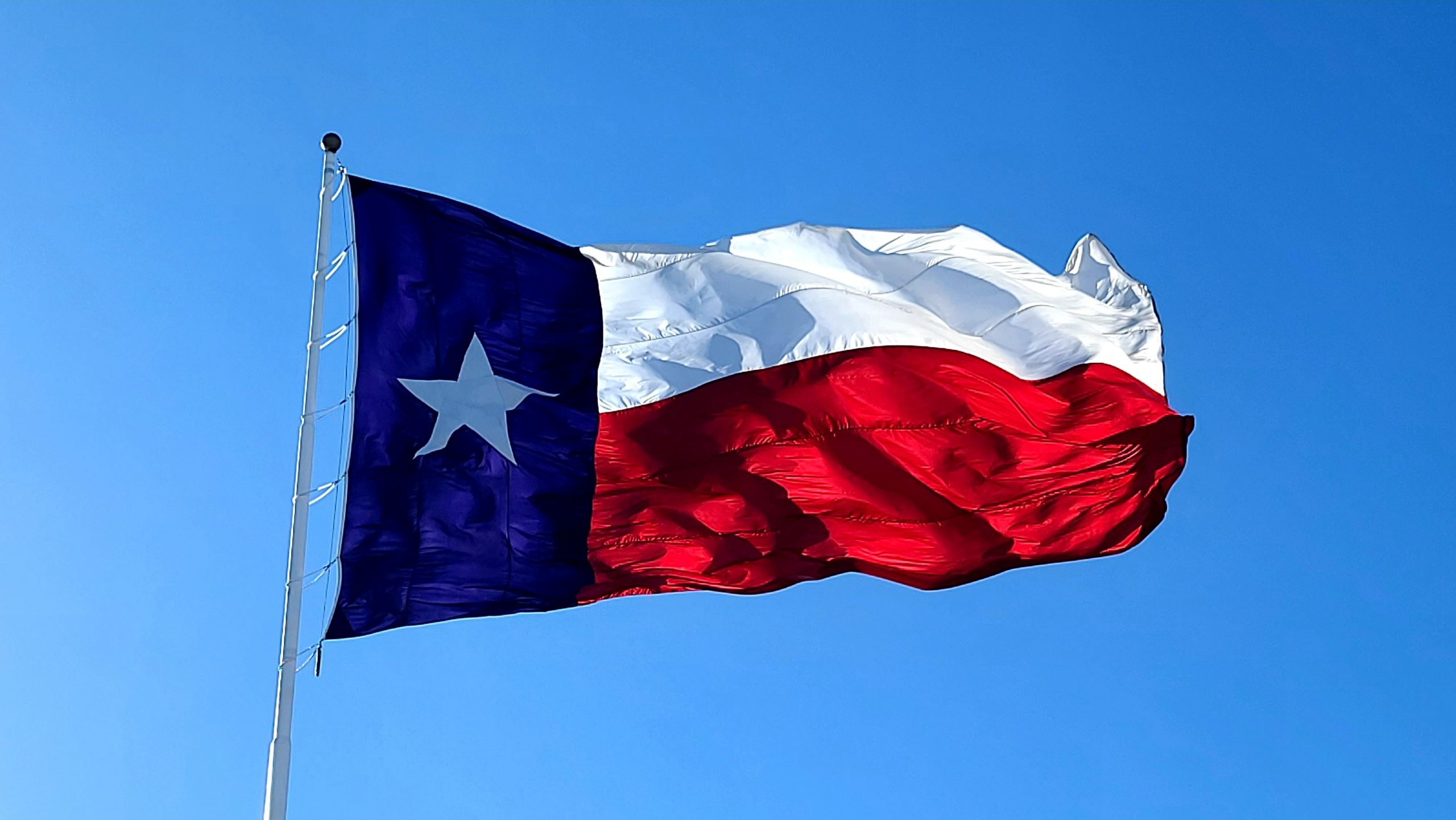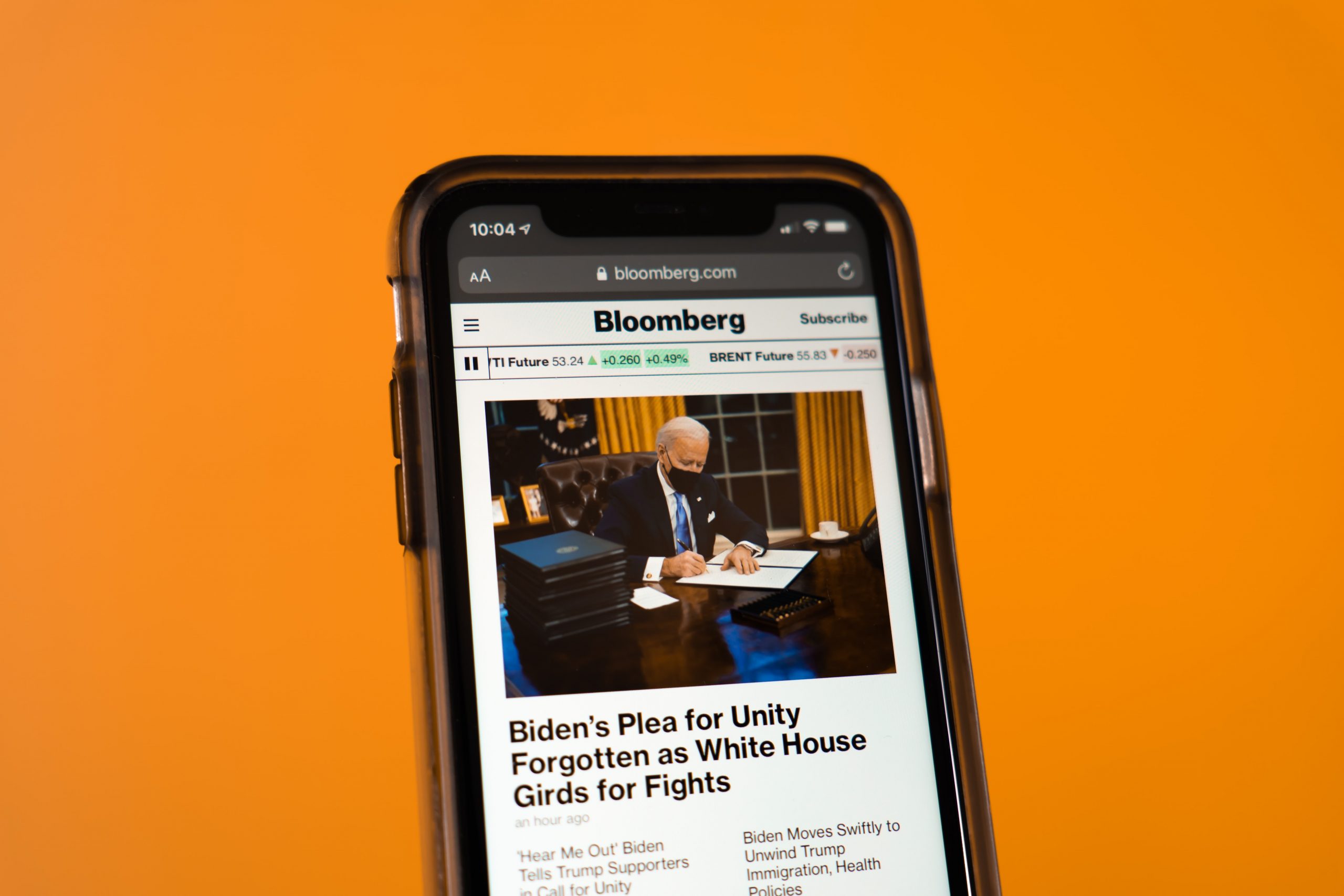We are excited to report some happy news for immigrant visa applicants and fiancé(e)’s of U.S. Citizens, who were previously subject to the COVID-19 Regional Presidential Proclamations, known as Presidential Proclamations 9984, 9992, 9993, and 10041.
Together, these Proclamations restricted and suspended the entry into the United States, of immigrants and nonimmigrants, who were physically present within the Schengen Area, Brazil, China, the United Kingdom, Ireland, South Africa, and Iran, during the 14-day period preceding their entry or attempted entry into the United States. The COVID-19 Regional Proclamations were issued by the Trump administration beginning in January of 2020 to combat the rise of Coronavirus cases throughout the world.
Today, April 8, 2021, the Department of State published an announcement informing the public that the Secretary of State has now determined that travel to the United States, on an immigrant visa or fiancé(e) visa, is in the national interest for purposes of granting exceptions under the geographic COVID-19 Presidential Proclamations known as P.P. 9984, 9992, 9993, and 10041.
Pursuant to this new announcement, immigrant visa processing posts may now grant immigrant visas and fiancé(e) visas to applicants otherwise eligible, notwithstanding these proclamations. This means that the travel restrictions previously in force under Presidential Proclamations 9984, 9992, 9993, and 10041, will no longer apply to immigrant and fiancé(e) visa applicants physically residing in the Schengen Area, Brazil, China, the United Kingdom, Ireland, South Africa, and Iran. As a result, such immigrant and fiancé(e) visa applicants will now be eligible to obtain their visas without the added hurdle of overcoming the COVID-19 Presidential Proclamations.
 Visa Lawyer Blog
Visa Lawyer Blog


